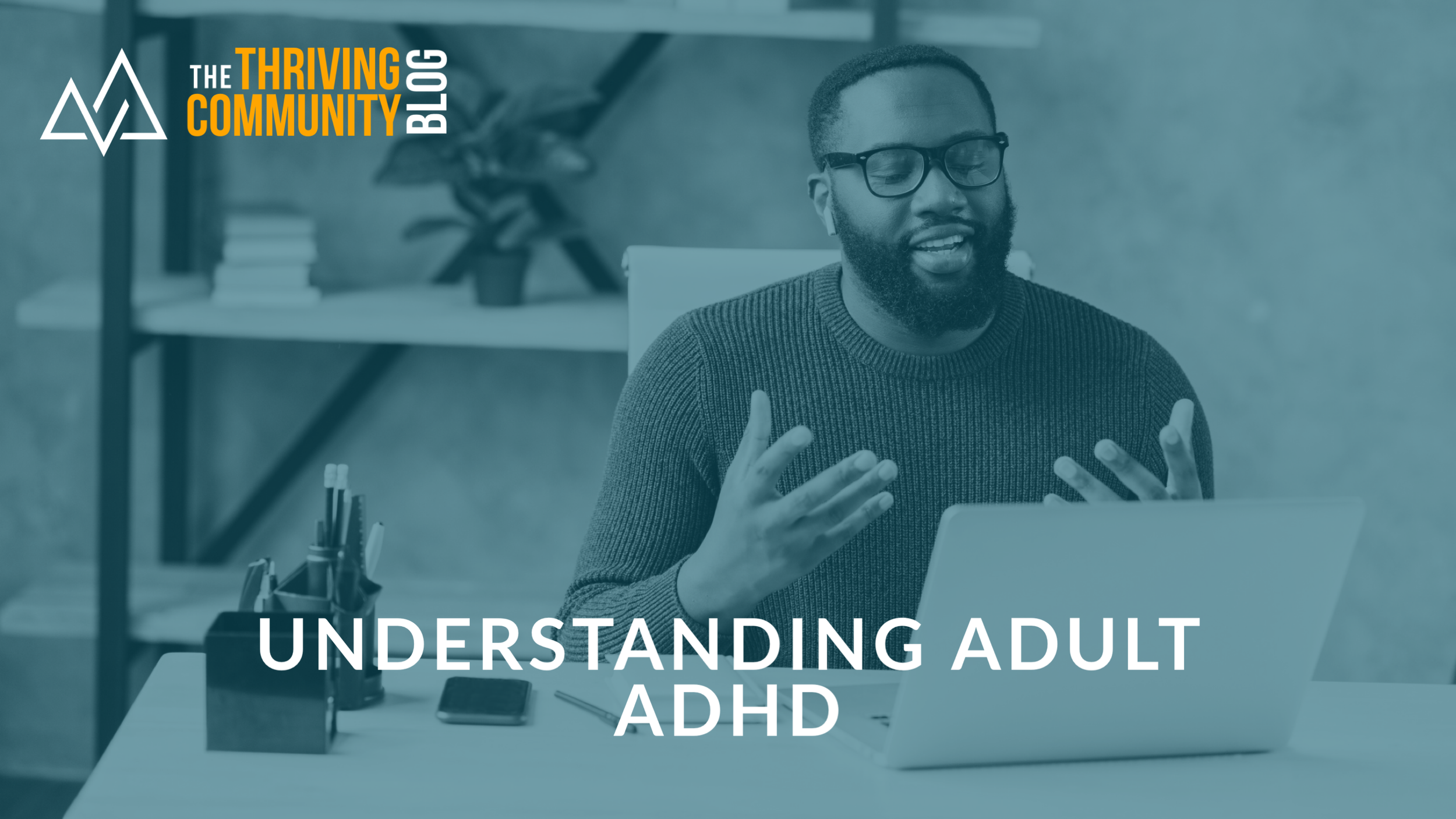
the Thriving Community
Are You Missing These Signs of ADHD?
Have you ever found yourself wondering if you may be struggling with ADHD? Sure, we've all heard about the classic symptoms like hyperactivity and impulsivity, but what about those subtle signs that often go unnoticed? As a mental health therapist, I have seen many people wondering the same thing. ADHD is an ever-growing area of study in the mental health field, with a lot of symptoms that may not immediately catch your attention. We are continuing to learn more and more about what ADHD is and how to help those suffering from its effects live their best lives. So, why not take a moment to pause, grab yourself a comforting cup of coffee (or tea, if that's more your style), and join me as we embark on a journey to learn more about this world of ADHD? At Horn Counseling, we just completed a new training this month as a team to help the people that we work with around ADHD and productivity. I want to pass this gold of information onto you in the most simple and easy-to-apply way that I can, whether you join us in the therapy room or swing by our website.
From Procrastination to Productivity: Practical Strategies for Individuals with ADHD
Procrastination, a pervasive challenge faced by many, is particularly pronounced among individuals with ADHD due to underlying executive functioning difficulties. Executive functioning refers to the mental abilities that help us plan, focus, organize, and manage tasks. It includes setting goals, staying focused, solving problems, and controlling impulses. These skills are essential for getting things done and making good decisions in daily life. Individuals with ADHD often struggle with initiating tasks, maintaining focus, and managing time effectively, exacerbating procrastination tendencies. Recognizing the role of ADHD in procrastination is essential for tailoring interventions that address the root causes of this behavior. By delving deeper into the mechanisms behind procrastination in ADHD, individuals can gain valuable insights into their patterns of avoidance and develop personalized strategies to overcome them. This understanding forms the foundation for crafting effective coping skills that empower individuals to navigate their tasks and responsibilities more efficiently. Through targeted interventions and ongoing self-awareness, individuals with ADHD can reclaim control over their productivity and achieve tremendous success in managing their daily lives.
Mastering Executive Function: Unlocking Your Potential
Welcome aboard the executive function express – your brain's dynamic engine powering your capacity to tackle life's challenges head-on. Brace yourself for a journey into the intricate realm of executive function, where we uncover the indispensable skills that form its backbone. From orchestrating your plans to directing your day, the executive function is the master conductor, ensuring every task falls into place seamlessly. But let's be honest – even the best-conducted symphonies encounter hurdles. That's where we come in: dissecting the hurdles, exploring them, and equipping you with an arsenal of strategies to overcome them. So buckle up and get ready to tap into the full potential of your brain's powerhouse as we embark on this enlightening voyage together.
Understanding Adult ADHD
Attention deficit/hyperactivity disorder (ADHD) is a well-known condition commonly associated with difficulties in impulse control, hyperactivity, and a reduced ability to concentrate for extended periods. While it is often believed that ADHD is an issue that only affects children and young adults, growing research suggests that ADHD does not disappear with age. It is estimated that symptoms persist into adulthood for as many as 60% of those diagnosed with the disorder during childhood.
ADHD in the Workplace
One of the most critical areas for accommodation is executive functioning abilities. Executive functions are a set of cognitive skills that include prioritizing, organizing, strategizing, maintaining focus, and working memory, all of which are essential for tasks that require sustained mental effort. The executive functioning symptoms of ADHD can include difficulty planning and prioritizing tasks, struggles with motivation and initiating tasks, poor organizational skills, difficulty completing tasks from start to finish, and poor attention to detail.





